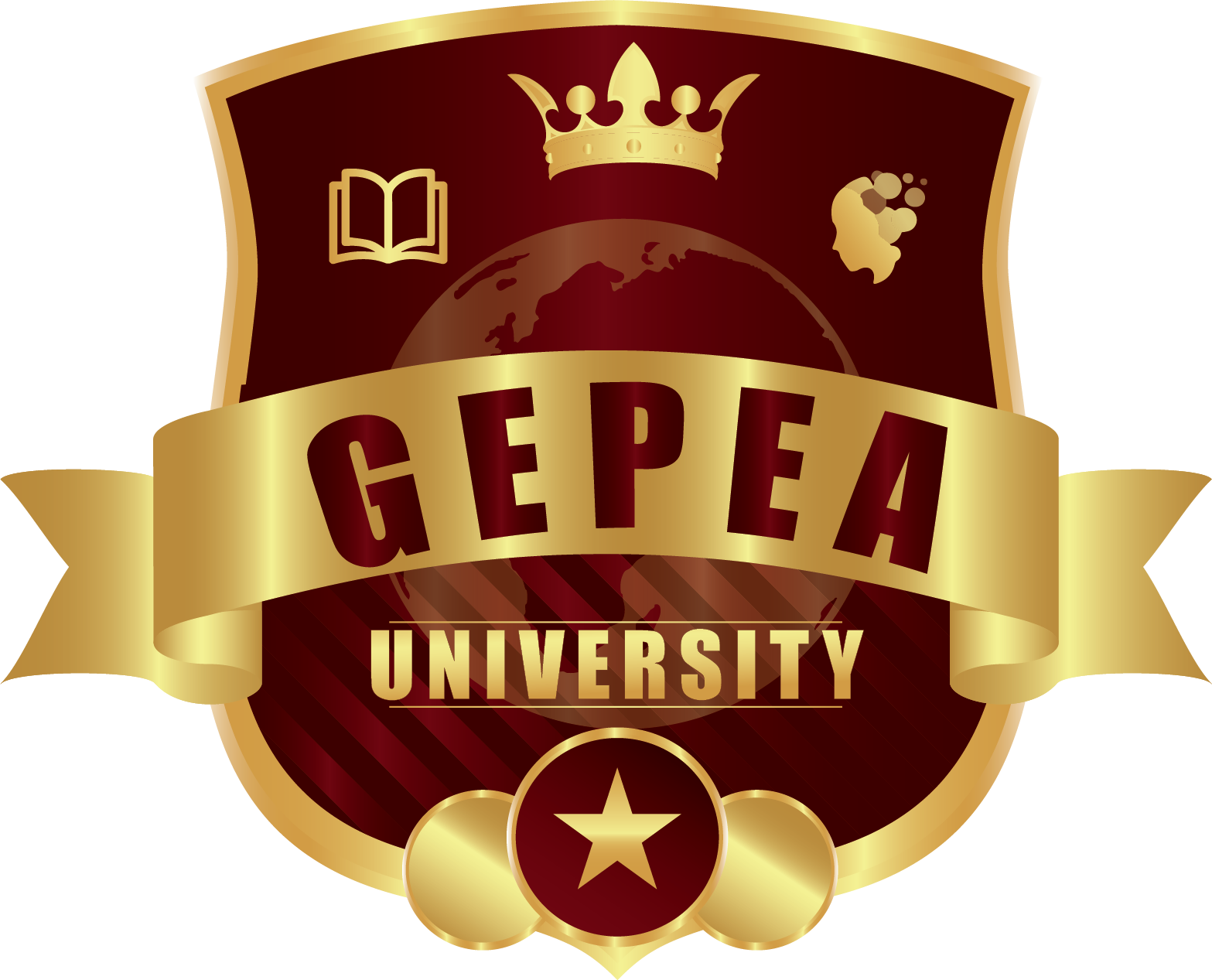International Qualification / International Certification
“International qualifications and international certifications are credentials awarded across national boundaries, often by international bodies or organizations, and are designed to meet specific standards. They cover a wide range of sectors and professions, and aim to demonstrate the skills and knowledge of individuals for global recognition and mobility.”
Terminology of European education and training policy –
Certificate, diploma or title awarded in several countries by a legally established international authority (association, organisation, sector or company) or by a national body accredited by an international authority.
Comment
International qualifications are designed in compliance with standards (i.e. entry requirements, learning content, learning outcomes, assessment and certification) established by an international body;
they are issued in a broad range of sectors and professions, e.g. accounting, administration and management, language teaching, education and training, financial services, industry (e.g. welding), ICT, personal services (e.g. hairdressing), sports and leisure, transport (road, air and maritime);
this term is close to, but not synonymous with: transnational qualification / transnational certification.
Source
Based on Council of the European Union, 2017; Cedefop, 2012.
Related term(s)
certification of learning outcomes
European qualifications framework for lifelong learning (EQF)
international qualifications framework
qualification
sectoral qualification / sectoral certification
sectoral qualifications framework
transnational qualification / transnational certification
transnational qualifications framework
The above article quoted from the https://www.cedefop.europa.eu/en/tools/vet-glossary/glossary/internationale-qualifikation
